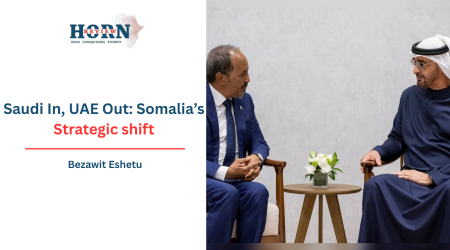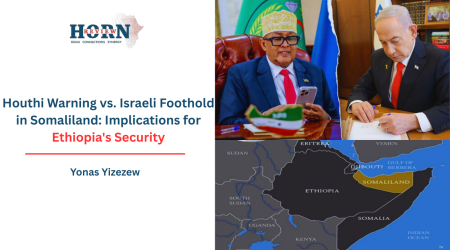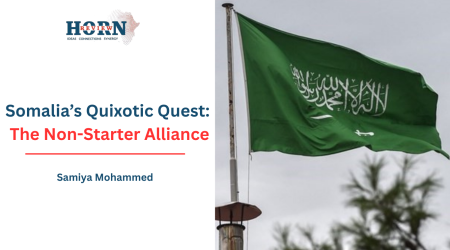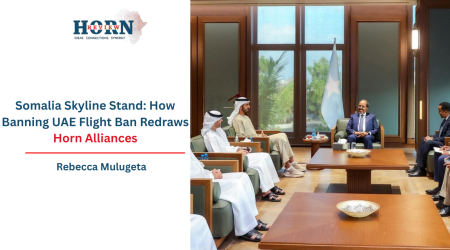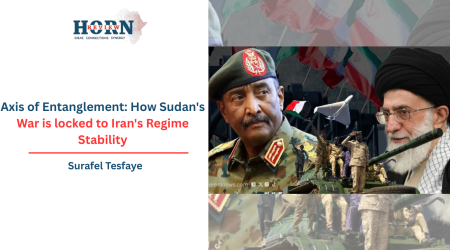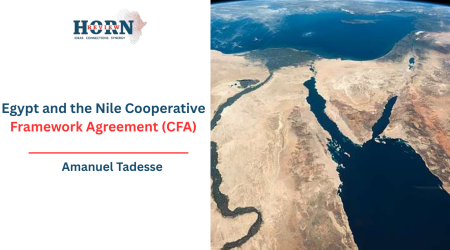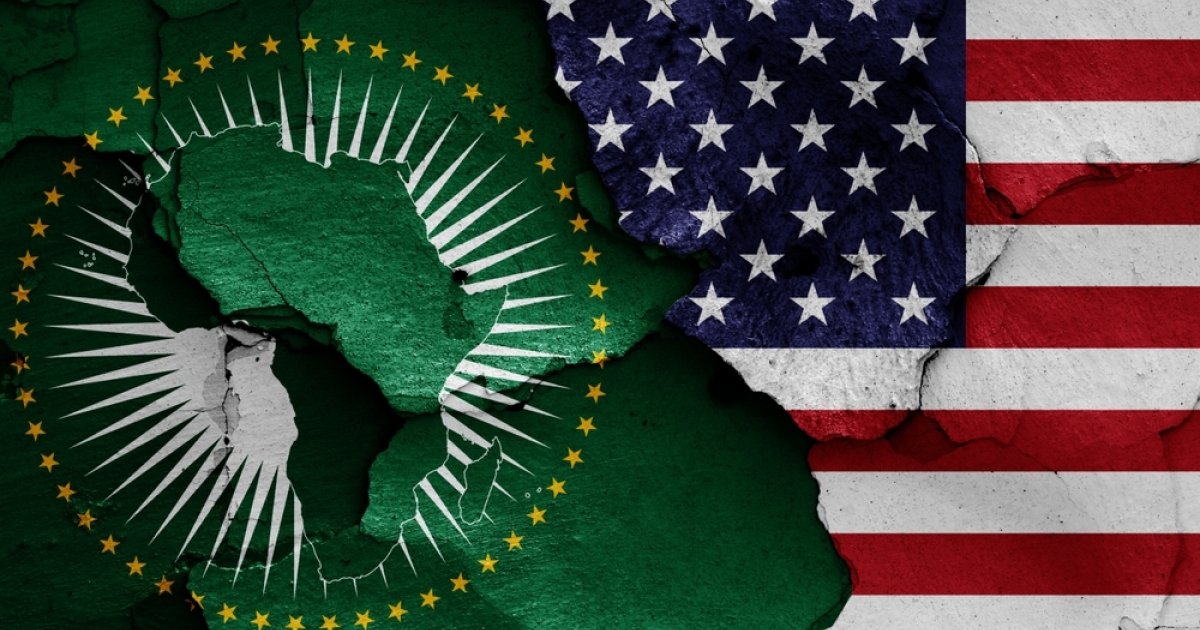
7
Jun
A Continent’s Call for Partnership: The African Union’s Response to the June 2025 U.S. Travel Restrictions
The African Union (AU) Commission has voiced its “deep concern” following the U.S. government’s Presidential Proclamation of June 4, 2025, an executive order that reinstates and expands a travel restriction policy, a hallmark of the Trump administration, affecting nationals from 19 countries, a significant number of which are African nations. The AU noted that the ban, effective June 9, 2025, imposes a full entry suspension on Chad, the Republic of Congo, Equatorial Guinea, Eritrea, Libya, Somalia, and Sudan, with partial restrictions on Burundi, Sierra Leone, and Togo.
In its official statements, the AU Commission, while acknowledging the “sovereign right of all nations to protect their borders and ensure the security of their citizens,” respectfully appealed to the United States to exercise this right “in a manner that is balanced, evidence-based, and reflective of the long-standing partnership between the United States and Africa.” This call for a considered approach underscores the AU’s commitment to a relationship built on mutual respect and established international norms, a partnership it believes is jeopardized by the unilateral nature of U.S. policy.
The key message sent by the African Union (AU) relates to the possible negative consequences such a decision might have on “people-to-people ties, educational exchange, commercial engagement, and the broader diplomatic relations that have been carefully nurtured over decades.” The continental body highlighted the fact that “Africa and the United States share a mutual interest in peace, prosperity, and international cooperation,” thus calling on the Trump Administration to “consider taking a more consultative approach and to engage in constructive dialogues with the concerned countries.” In addition, the AU called for “open communication, and where necessary, cooperative efforts to address any issues that may have informed this decision,” highlighting its willingness to support initiatives aimed at promoting understanding and increasing cooperation.
Examining the U.S. Justifications Through the AU’s Lens of “Evidence-Based” Policy
The Trump administration has cited various justifications for the ban, including national security concerns, allegations of inadequate traveler screening by targeted nations, high visa overstay rates, and a purported lack of cooperation in accepting deported citizens. However, the AU’s call for an “evidence-based” approach invites scrutiny of these rationales.
The reliance on visa overstay data, a key U.S. justification, is particularly contentious. Critics including the Presidents’ Alliance on Higher Education and Immigration have pointed out that Department of Homeland Security (DHS) overstay data can be “selective and unreliable” due to system synchronization issues, leading to inflated rates. Former U.S. Citizenship and Immigration Services (USCIS) official Doug Rand characterized the findings underpinning the ban as being “based on sketchy data.” Historical reports from the Government Accountability Office (GAO) have also highlighted weaknesses in DHS’s overstay tracking systems. This lack of robust, universally accepted data undermines the “evidence-based” criterion the AU champions.
Similarly, the broad national security justifications applied to entire populations often lack specific, actionable intelligence linking current visa applicants to imminent threats. This approach contrasts with the AU’s preference for targeted, collaborative security efforts. The American Civil Liberties Union (ACLU) termed this a “false guise of national security,” and Amnesty International described the ban as “discriminatory, racist, and downright cruel,” rooted in “racism and xenophobia” with “nothing to do with national security.” The American Immigration Council noted that previous bans “never demonstrated any meaningful value as a national security tool.”
The AU’s statement poignantly warns that the Trump administration’s travel restrictions could undermine “people-to-people ties, educational exchange, commercial engagement, and broader diplomatic relations that have been carefully nurtured over decades.” This is not an abstract concern; it reflects the potential for tangible damage to the multifaceted U.S.-Africa relationship.
The AU’s specific mention of “educational exchange” and “commercial engagement” is critical. The ban restricts F-1, J-1, and M-1 visas for all 19 countries, directly impacting students and scholars. The Presidents’ Alliance warns this will deter talent, potentially leading to higher U.S. tuition rates and program disruptions. Economically, the Center for Global Development notes that such bans are a “blow to US global standing, the US economy, and global development prospects,” restricting remittance flows vital to countries like Somalia (2.23 percent of GNI).
The Voice of Africa highlights that entrepreneurs and business leaders from affected nations like Libya, Chad, and Equatorial Guinea face uncertainty, hampering collaboration on energy, trade, and infrastructure.
The AU’s concern over “broader diplomatic relations” is already materializing. Chad suspended visas to United States citizens on a mutual basis. Experts warn that this ban might make some African countries draw closer to America’s adversaries, China and Russia, thus weakening US strategic relations.
The AU’s consistent appeal to the United States is to consider adopting a more consultative approach and conduct constructive dialogue with the concerned countries. This is a call to cooperation over punitive measures. Successful counter-terrorism, one of the main justifications for U.S. policies, is based on this cooperation. Blanket bans alienate partners whose cooperation and intelligence are so vital. The inclusion of Chad, a U.S. counter-terrorism partner, was deemed “inexplicable” by ISS Africa.
Alternative methods consistent with the African Union’s focus on cooperation, already are practiced. Programs started by the U.S. State Department, including the Trans-Sahara Counterterrorism Partnership (TSCTP) and the Partnership for Regional East Africa Counterterrorism (PREACT), focus on building partner capabilities through training and support in investigation and border security. The Brookings Institution advocates for boosting U.S.
economic engagement, supporting the African Continental Free Trade Area (AfCFTA), and integrating security aid with governance and development investments to address instability’s root causes. These efforts encourage resilience at the grassroots level; a far more sustainable path compared to external restriction methods that instill resentment.
The AU’s response to the June 4th, 2025 U.S. travel ban is a powerful call to move towards a policy based on partnership, dialogue, and mutual respect. The union’s insistence on the need to move towards an American policy that is equitable, evidence-based, and reflective, and its willingness to support efforts that promote understanding, ease concerns, and increase cooperation, offers a constructive alternative.
To this imperative, the United States can move beyond divisive policies and, alternatively, develop the strong global collaboration necessary to work together to tackle common global challenges. This is a choice between exclusion and the cooperative approach offered by the African Union, which is in the long-term interests of both the United States and Africa.
By Tsega’ab Amare,Researcher,Horn Review

